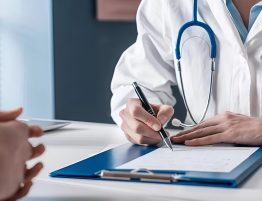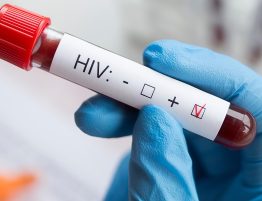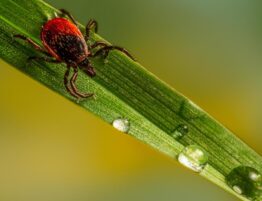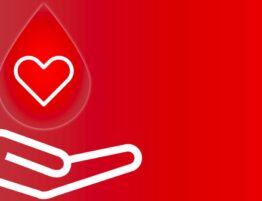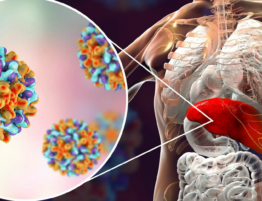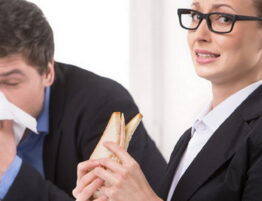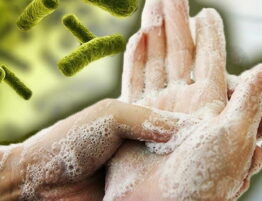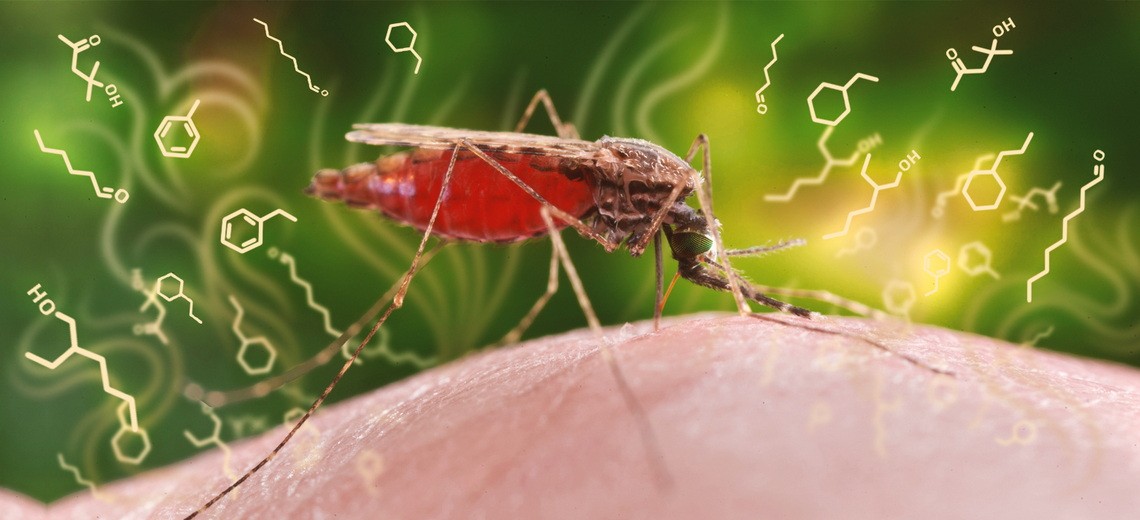
Prevention of tropical infectious and parasitic diseases for persons traveling on vacation and on business trips to countries with tropical and subtropical climates
One of the threats that tourists on vacation are exposed to is infectious and parasitic diseases.
In the countries of Europe, Asia, Africa, the Caribbean, and Oceania with an equatorial-tropical climate, infectious and parasitic diseases are widespread, many of which are not found or are rarely found in Belarus. A warm, humid climate promotes long-term survival of microorganisms in the environment and active breeding of insects and helminths.
Most often, tropical infectious and parasitic diseases are transmitted through water, soil, contaminated and insufficiently processed food, blood-sucking insects (mosquitoes, fleas, horse flies, mosquitoes, midges, ticks and others), through contact with a sick person or a contaminated environmental object.
In addition, in countries with hot climates there are many poisonous plants and animals that can cause significant and irreparable harm to human health.
Tropical infections are often accompanied by damage to the intestines, skin, eyes, various human systems and organs; they are often severe and difficult to treat.
When traveling abroad, it is important to consult in advance:
- with your attending physician about the possibility of having children with you on vacation, take an individual first aid kit with the necessary set of preventive measures and medications on the road;
- Check with the territorial state sanitary inspection authorities and tour operators for information about the epidemiological situation in the country of planned stay and the need for preventive vaccinations (when traveling to Africa (sub-Saharan) and Latin America, you must obtain an international certificate of vaccination against yellow fever). If traveling to Mecca, vaccination against meningococcal meningitis is recommended. For long-term stays in Africa and Southeast Asia, vaccination against hepatitis A and B is advisable.
In order to prevent infectious and parasitic diseases, it is necessary to take precautions to prevent infection and subsequent development of the disease:
- Before eating, after returning from the street and after visiting the toilet, you should always wash your hands thoroughly with soap.
- Drink only guaranteed safe water and drinks (drinking water and drinks in factory packaging, boiled water). It is also necessary to use boiled or bottled water to brush your teeth. You should not use ice made from raw water.
- Eat only food that you are confident in the quality of.
- Consume meat, fish and seafood only after sufficient heat treatment.
- Do not use the services of restaurants, cafes, bars outside the hotel (except for those whose visits are planned as part of excursion programs, as well as on the recommendations of tour operators who formed the tour); do not try unfamiliar products and do not buy ready-to-eat food from markets and trays; do not try treats offered by local residents outside of organized food places.
- If necessary, purchase products only in original packaging in specialized stores.
- Wash vegetables and fruits with safe water and pour boiling water over them, preferably peel them.
- Strawberries, the porous surface of which is difficult to wash off the causative agents of parasitic diseases and kill the causative agents of viral intestinal infections, it is advisable to buy them in specialized stores, and not on the streets; they must be washed with special care, clearing them of soil particles and sepals at the base of the berry.
- When swimming in ponds and pools, do not allow water to get into your mouth.
- Do not walk barefoot. Do not lie on the ground without a lounger or bedding.
- Do not swim in freshwater bodies, either artificial or natural, without consulting a guide or hotel medical staff who have confirmed the safety of such swimming. Do not wander barefoot through streams or stagnant bodies of water, and do not wash your hands in them.
- Avoid contact with live poultry in markets.
- For the purpose of personal protection against insect bites (mosquitoes, midges, midges, horseflies), it is recommended to take with you and use means that repel and destroy them (repellents and insecticides).
- Accommodation is allowed only in hotels provided with centralized water supply and sewerage. If there are mosquitoes, fleas, or rodents in the room, you must immediately notify the hotel administration so that urgent measures can be taken to eliminate them. In places where flying insects accumulate, it is necessary to secure windows and doors and have curtains over the bed.
- If you notice the suction of ticks, traces of bites of blood-sucking insects, the appearance of rashes or any other skin manifestations upon contact with stone fish (warts), jellyfish, sea urchins, corals, as well as cats, dogs, etc., you must immediately contact to the hotel medical staff or to a local medical institution, which the responsible hotel services will advise you on.
- During your vacation, you should be especially careful when contacting animals, as they are sources of many infectious and parasitic diseases. Do not touch cats, dogs and other animals! This is dangerous in almost all countries. If you are bitten, scratched, or simply drooled during contact with an animal, wash that part of the body thoroughly with soap and water. Contact your doctor immediately to decide on vaccinations against rabies and tetanus.
- Avoid such “procedures” during vacation as tattooing and permanent tattoos, as well as piercings.
- If signs of any disease appear, contact the insurance company at your place of stay and, upon returning home, contact your attending physician.
- If there is any increase in temperature within 3 years after returning from a country unaffected by malaria, you must immediately contact a medical facility and inform the doctor that you were in the tropics.

